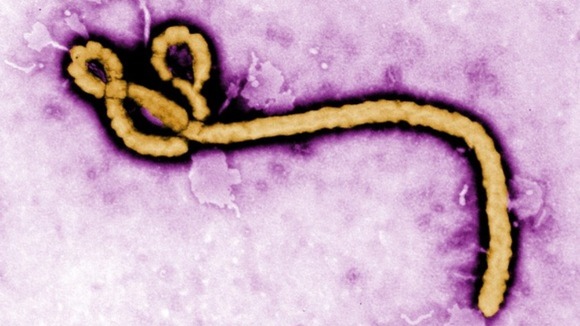Stakeholders in the public health sector are scheduled to meet today as the government of St. Vincent and the Grenadines prepares for the possible arrival of the Ebola virus.
An Ebola outbreak which began in March, has killed at least 887 persons, mostly in Liberia, Guinea and Sierra Leone.
On Monday, an American man who became sick after visiting West Africa last month was being tested for Ebola in New York, although it was seen as unlikely that he has the disease.
Prime Minister Ralph Gonsalves told a press briefing on Monday that today’s meeting will include the Ministries of National Security, Housing, Tourism, Agriculture, and the four medical schools.
Related: Frequently asked questions on Ebola
The meeting follows a similar meeting of the National Surveillance Committee on Monday.
Gonsalves said he has held talk with Minister of Health Clayton Burgin, and Permanent Secretary in that Ministry, Lois de Shong.
On Wednesday, the staff of the Ministry of Health will meet under the direction and guidance of the National Surveillance Committee and the meeting with the stakeholders, Gonsalves said.
“I should point out that I am aware that the Permanent Secretary in the Ministry of Health has been in touch with the acting Chief Immigration Officer. I say all this to say that the ministry is mobilised and the ministry is acting within the framework of the plan, which is set out by CARPHA (the Caribbean Public Health Agency), the regional body dealing with public health and infectious disease.”
The Ministry of Health said on Friday that although travellers to other countries could potentially transport the Ebola virus, the actual chance of the virus developing into a serious public health risk in SVG was small at the time, given that the cases that are being reported are from countries with no direct link to the Caribbean.
The World Health Organisation says that Ebola virus disease (formerly known as Ebola haemorrhagic fever) is a severe, often fatal illness, with a case fatality rate of up to 90 per cent.
The infection is transmitted by direct contact with the blood, body fluids and tissues of infected animals or people.
Severely ill patients require intensive supportive care. During an outbreak, those at higher risk of infection are health workers, family members and others in close contact with sick people and deceased patients.






